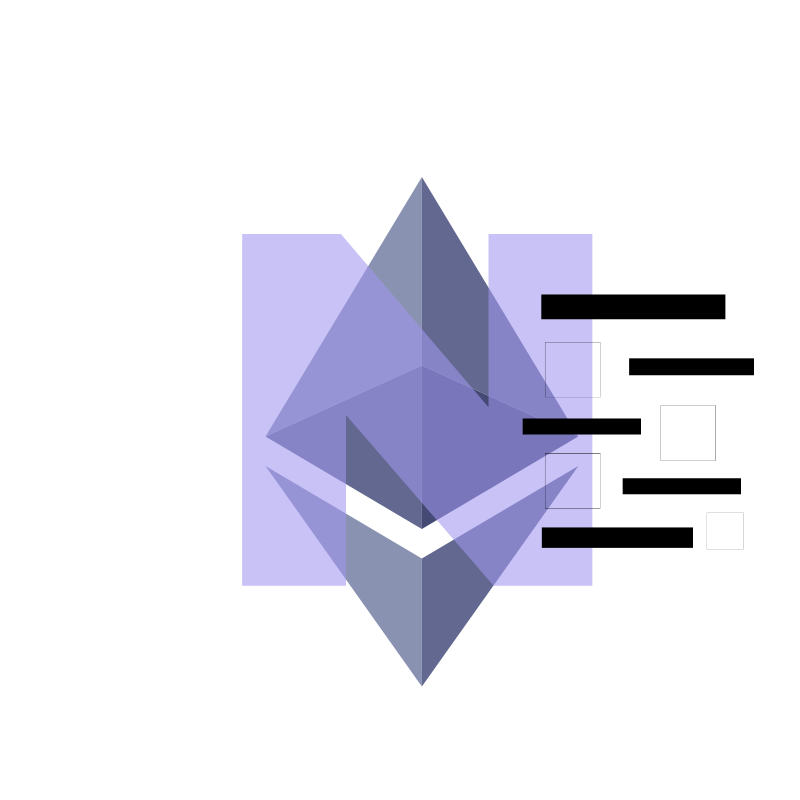

The music NFT market is rapidly evolving, merging blockchain technology with the music industry to create unique digital assets. Artists are now able to tokenize their work, such as songs and albums, allowing for direct interaction with fans and new revenue streams. This innovative approach not only enhances fan engagement but also provides musicians with greater control over their creations.
Key Takeaways
The music NFT market allows artists to tokenize their work, creating unique digital assets.
Direct transactions between artists and fans eliminate intermediaries.
NFTs provide new revenue streams and enhance fan engagement.
Environmental concerns and market volatility pose challenges to the industry.
Overview Of The Music NFT Market
The music NFT market represents a significant shift in how music is distributed and monetized. By leveraging blockchain technology, artists can create limited-edition tracks, exclusive content, and even concert tickets as NFTs. This direct-to-fan model not only fosters a closer relationship between artists and their audience but also opens up new avenues for revenue generation.
Market Dynamics
The dynamics of the music NFT market are driven by several factors:
Direct Artist-Fan Interaction: Artists can engage with their fans on a personal level, offering exclusive content and experiences.
New Revenue Streams: Tokenizing music allows for innovative monetization strategies, such as selling limited-edition tracks or fractional ownership of royalties.
Decentralization: The use of blockchain reduces reliance on traditional distribution channels, empowering artists to take control of their work.
Despite these advantages, the market faces challenges, including:
Environmental Concerns: The energy consumption of blockchain platforms raises sustainability issues.
Market Volatility: The fluctuating value of NFTs can deter potential investors and fans.
Copyright Issues: Navigating the legal landscape of digital ownership remains complex.
Key Players In The Market
Several companies are leading the charge in the music NFT space, including:
Audius: A decentralized streaming service that allows artists to mint and sell NFTs directly to fans.
OpenSea: A prominent NFT marketplace where musicians can auction limited-edition tracks and collectibles.
Royal: A platform enabling artists to sell royalties through NFTs.
Catalog: Focused on single-edition music NFTs, allowing for unique ownership experiences.
These platforms are crucial in driving the growth of the music NFT ecosystem, providing artists and fans with innovative ways to interact with music assets.
Regional Insights
The music NFT market is experiencing strong growth across various regions:
North America: The U.S. leads in market size and innovation, driven by a tech-savvy consumer base.
Europe: Countries like the UK and Germany are adopting NFTs in various sectors, including music.
Asia: Rapid growth is seen in countries like China, Japan, and South Korea, fueled by a strong gaming culture and interest in blockchain technologies.
Emerging Markets: The Middle East and Latin America are showing significant potential as awareness of NFTs spreads.
Conclusion
The emergence of music NFTs is reshaping the music industry, offering artists new ways to monetize their work and engage with fans. While challenges remain, the potential for innovation and growth in this space is immense. As the market continues to evolve, it will be interesting to see how artists and platforms adapt to the changing landscape of music distribution and ownership.
Sources
Music Nft Market Size, Product Trends, Key Drivers, Share, openPR.com.